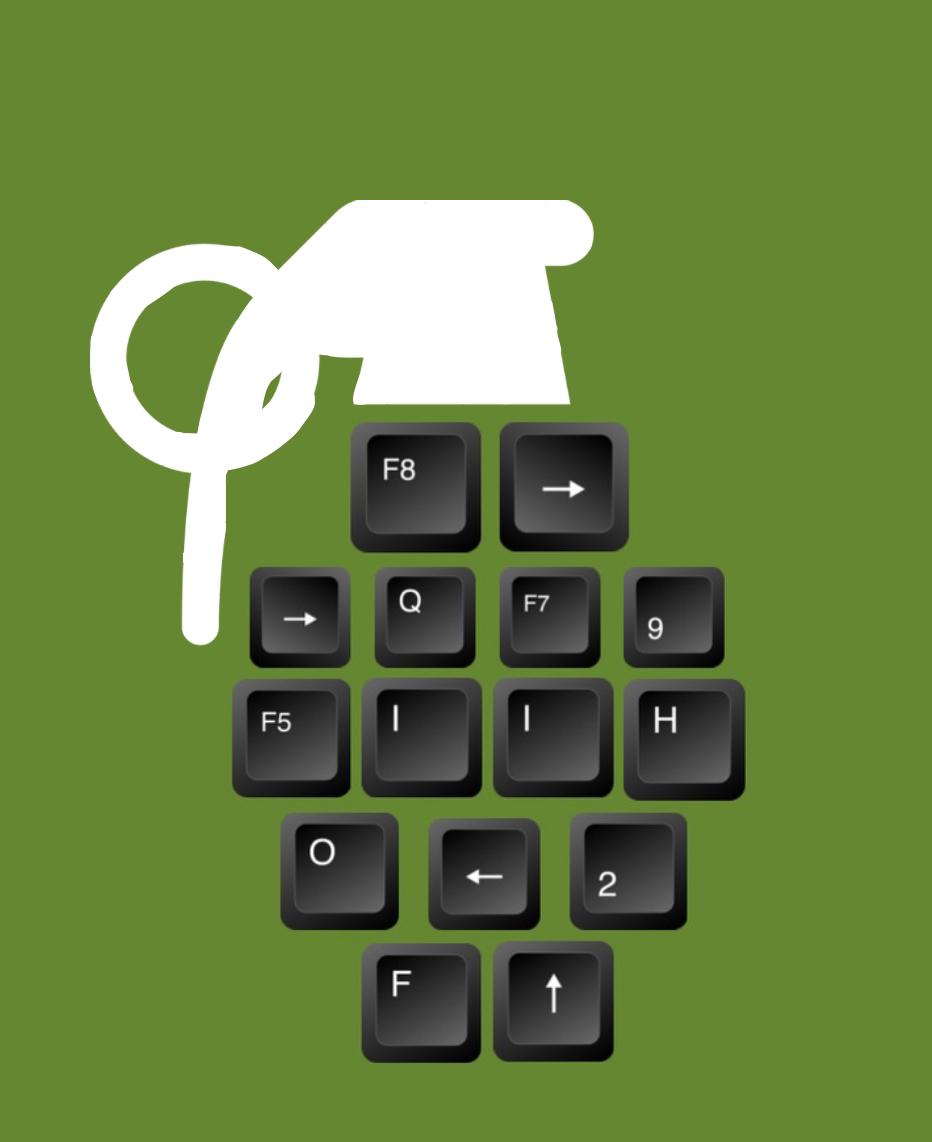Strategizing from 7 cities across the globe
Social Media Activism in Lebanon
Can a picture start a revolution? Can a hashtag challenge decades of corruption? In Lebanon, the answer might just be yes. Over the last few years, Instagram has shifted from a space of curated selfies and travel snapshots to a digital battlefield for justice, awareness, and change. But how exactly did a photo-sharing app become a voice for the voiceless in Lebanon?
FEMINISMCIVIL SOCIETYSOCIAL MEDIAMIDDLE EASTPOLITICSJOURNALISMTREND
Céline Khairallah
5/8/20253 min read


The Digital Spark of a Revolution
In October 2019, the Lebanese government proposed a tax on WhatsApp calls. It was the final straw for the Lebanese people, triggering protests across the country. But something was different this time: the streets weren’t just filled with people — digital crowds on Instagram mirrored them. Protestors shared videos, posted live updates, and used viral hashtags like #Thawra (Arabic for “revolution”) to spread their message. It wasn’t just about presence in the streets anymore. It was also about online visibility.
Instagram Stories became breaking news. Activist accounts such as @thawramap shared real-time maps of protest locations. Memes spread faster than news reports. Videos of peaceful protests — and violent police crackdowns — reached thousands within minutes. Influencers paused their regular content to discuss corruption, human rights, and reform. Young people who had never voted before suddenly became active political commentators. This democratized media landscape empowered ordinary citizens to become reporters, organizers, and witnesses to history.
A Tool for Political Education
Lebanon’s complex political system often leaves its people confused. But Instagram changed the game by simplifying this chaos. Activists began designing bold, engaging infographics and swipe-through carousels to break down complicated topics. Instagram has transformed how political education happens. Complex issues — like the banking crisis, sectarianism (excessive attachment to a particular sect or party, especially in religion), or electoral reform — were explained through clear visuals and short, engaging videos.
Account pages such as @politicsleb, @961news, and @megaphone.news turned education into engagement. Their content didn’t just inform — it empowered. Suddenly, being politically aware became part of the youth’s identity. You didn’t need to read long political treatises; a few taps on Instagram were enough to make sense of it all.
Culture Is Changing
But Instagram activism in Lebanon isn’t just about politics; culture is shifting too. Instagram is providing a space for voices that were often silenced. Feminist pages, LGBTQ+ activists, and mental health advocates are using the platform to speak openly, connect with others, and spark conversations that were taboo just a few years ago. This wave of digital courage is helping reshape Lebanon’s social fabric one post at a time.
Take feminist accounts like @nasawiya or LGBTQ+ allies who share stories and art that would rarely be aired on traditional media. They’ve built online safe spaces where people feel seen, heard, and validated. It’s no longer only about protesting in the streets — it’s about reclaiming narratives and reshaping what it means to be Lebanese in the 21st century.
Youth in Control
There’s a clear shift happening. Lebanon's youth are no longer waiting for politicians to fix things. They are doing it themselves, both online and offline. Instagram, among other platforms, is where they build movements, raise money for causes, and even support local businesses affected by the crisis. Many influencers have stopped limiting themselves to fashion and food — they now use their platforms to speak out, educate, and demand accountability.
This digital empowerment has given a generation, one born into crisis after crisis, a real sense of agency. It proves that activism doesn't always require microphones or stages. Sometimes, activism only requires a phone and the courage to speak up. For instance, many volunteer initiatives businesses like @helpingalwatan, were launched by young and inspiring civilians starting from Instagram. By collaborating with NGOs such as @bassmalb and collecting donations from people, they took a stand and made a change in the society.
But is Instagram enough?
Of course, Instagram isn’t perfect. The same platform that spreads awareness can also spread misinformation. Not every infographic is accurate, and not every viral post is helpful. Another downside is “slacktivism” (a blend of 'slacker' and 'activism'), where people support a cause by liking posts, sharing stories, or signing online petitions, but stop short of taking meaningful action offline. While these digital gestures help spread awareness, they can sometimes create the illusion of impact, leading individuals to feel they've done enough without contributing to real-world change.
There’s also surveillance. Recently, Lebanese authorities have increased pressure on digital activists, even arresting some for posts critical of the government. Freedom House rates Lebanon as only “partly free” when it comes to internet expression.
Looking Ahead
Overall, one thing is clear — Instagram has indeed changed the way activism works in Lebanon. It’s not just a platform anymore; it has become a lifeline. It has facilitated the connection of movements, educated a generation, and created new avenues for public participation.
So, what comes next? Can this momentum survive without structural change? Will digital activism translate into real-world impact in polls, courts, and daily life? These are the questions Lebanese youth are now asking, and perhaps answering, one post at a time.
References:
· Instagram’s Role in the 2019 Lebanese Revolution: https://www.researchgate.net/publication/361944213_Spring_2021_Posts_to_Protests_Looking_at_Instagram%27s_Role_in_the_2019_Lebanese_Revolution
· IEMed: Feminist Activism on Social Media in Lebanon: https://www.iemed.org/publication/digital-transformation-and-feminist-activism-on-social-media-in-lebanon/
· Freedom House—Lebanon Freedom on the Net 2024: https://freedomhouse.org/country/lebanon/freedom-net/2024/
